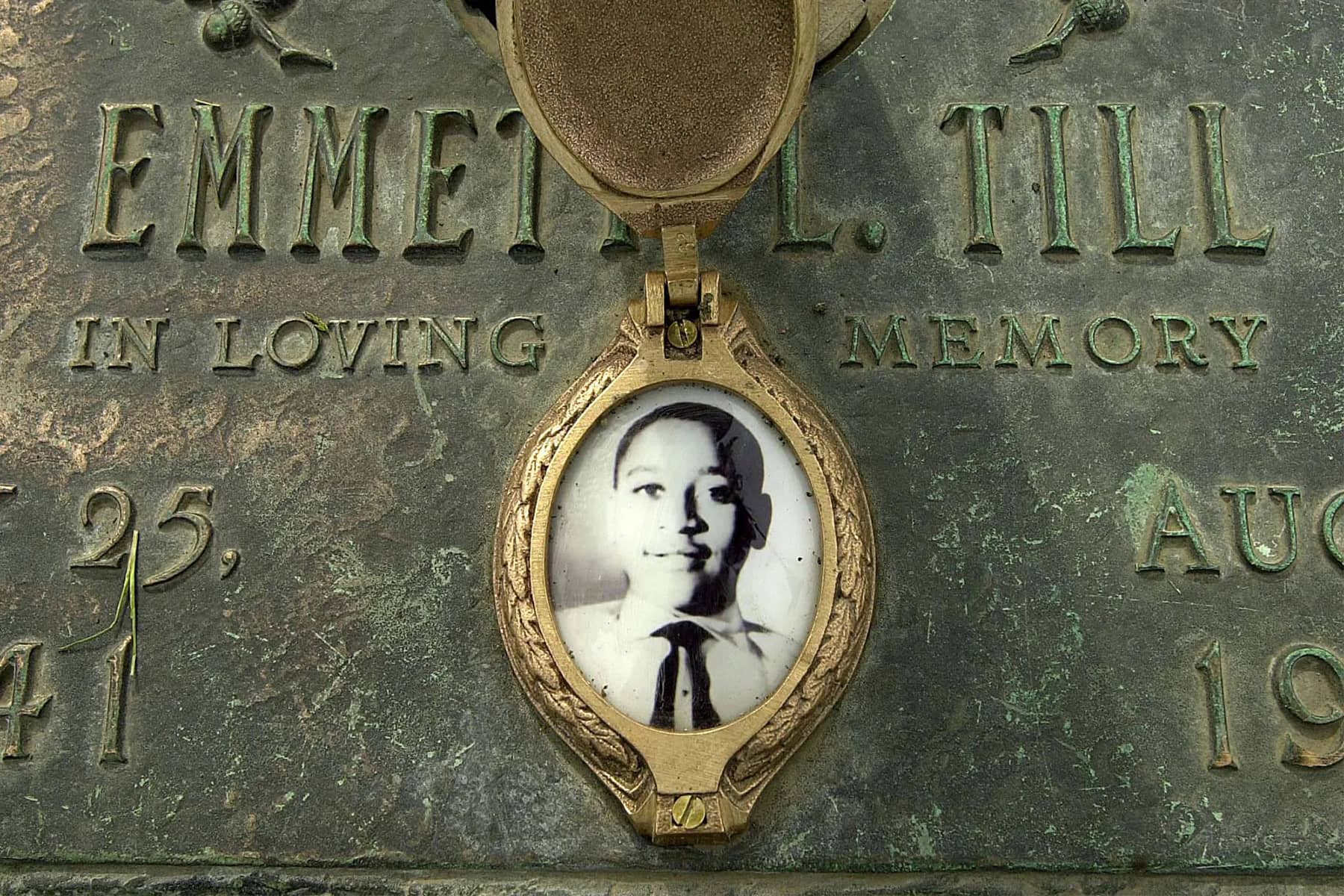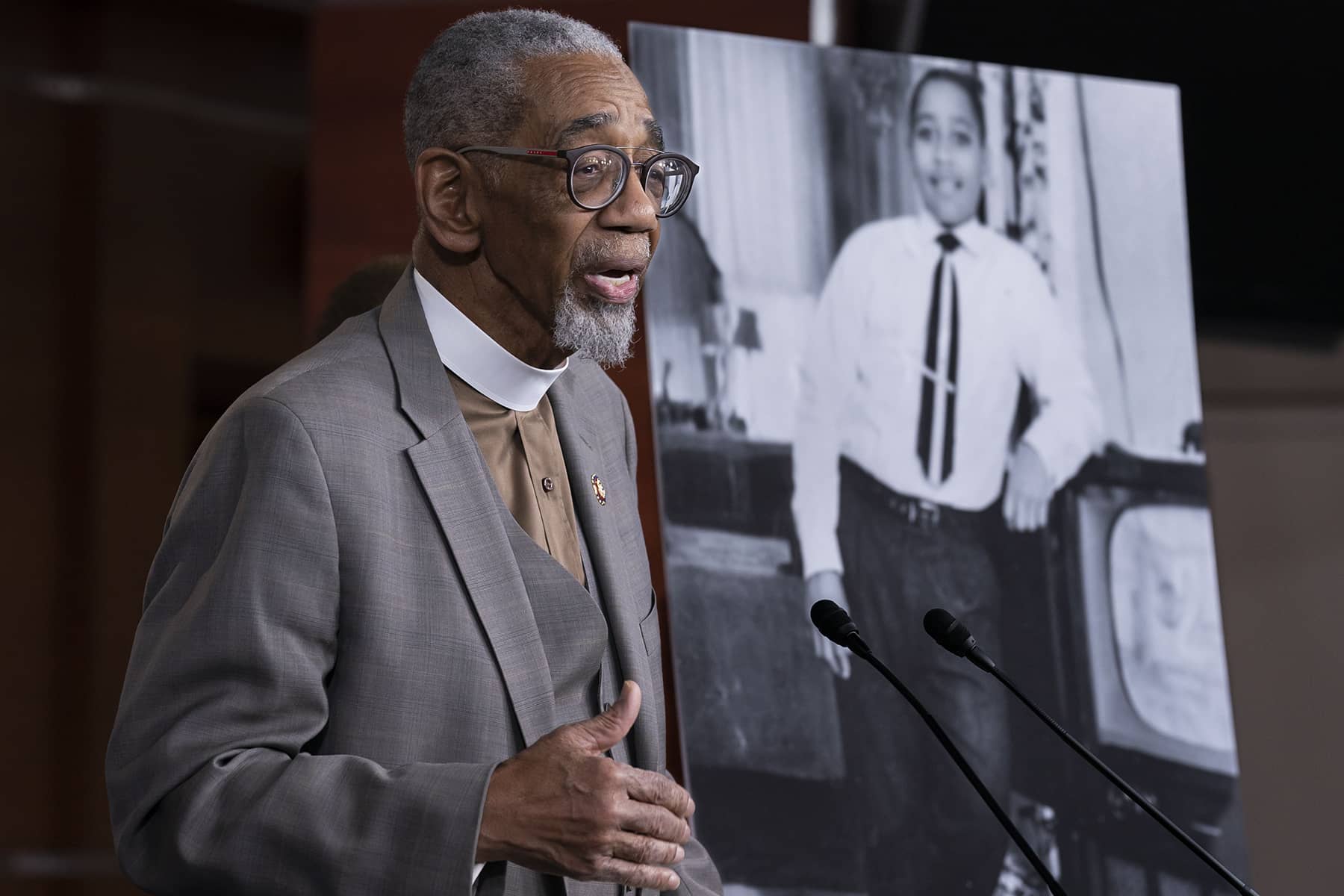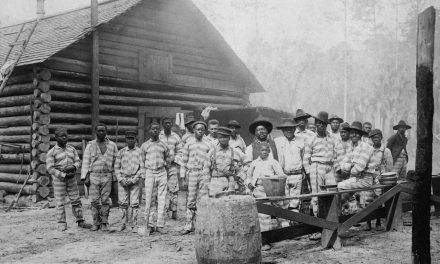
The Dyer Anti-Lynching Bill was first introduced in 1918 in the 65th United States Congress by Representative Leonidas C. Dyer with the intention to establish lynching as a federal crime.
Congress has given final approval to legislation that for the first time would make lynching a federal hate crime in the United States, sending the bill to President Joe Biden to sign into law.
Years in the making, the Emmett Till Antilynching Act, passed late on March 7, is among some 200 bills that have been introduced over the past century that have tried to ban lynching in America.
It is named for the Black teenager whose brutal killing in Mississippi in 1955 — and whose mother’s insistence on an open funeral casket to show the world what had been done to her child — became a pivotal moment in the Civil Rights era.
“After more than 200 failed attempts to outlaw lynching, Congress is finally succeeding in taking a long-overdue action by passing the Emmett Till Antilynching Act,” said Senate Majority Leader Chuck Schumer.
The bill would make it possible to prosecute a crime as a lynching when a conspiracy to commit a hate crime results in death or serious bodily injury, according to the bill’s champion, Congressman Bobby Rush, an Illinois Democrat.
The maximum sentence under the anti-lynching act is 30 years. The House overwhelmingly approved a similar measure in 2020, but it was blocked in the Senate. The House overwhelmingly approved a revised version and the Senate passed the bill unanimously March 7.
“Lynching is a long-standing and uniquely American weapon of racial terror that has for decades been used to maintain the white hierarchy,” said Rush.
The congressman said passage of the Emmett Till Antilynching Act “sends a clear and emphatic message that our nation will no longer ignore this shameful chapter of our history and that the full force of the US federal government will always be brought to bear against those who commit this heinous act”.
“Lynchings were violent public acts that white people used to terrorize and control Black people in the 19th and 20th centuries, particularly in the South,” the civil rights group NAACP says in describing the history of lynching.
“Lynchings typically evoke images of Black men and women hanging from trees, but they involved other extreme brutality, such as torture, mutilation, decapitation, and desecration. Some victims were burned alive.”
Congresswoman Ayanna Pressley, a Massachusetts Democrat, welcomed the passage of the anti-lynching bill.
“If Emmett Till was still with us, his family might call him granddad,” she wrote on Twitter. “Tonight, after decades of delay, Congress passed the bill named for him. When President Biden signs it, lynching will become a federal hate crime. I’m thinking of our ancestors and our babies tonight.”
Republican Senator Tim Scott also called the passage of the bill a “necessary and long-overdue step toward a more unified and just America.”
“After working on this issue for years, I am glad to have partnered with colleagues on both sides of the aisle to finally get this done,” he wrote.
Rоbеrt А. Dаvіs and J. Scоtt Аpplеwhіtе
Originally published as US Congress passes bill to make lynching federal hate crime














